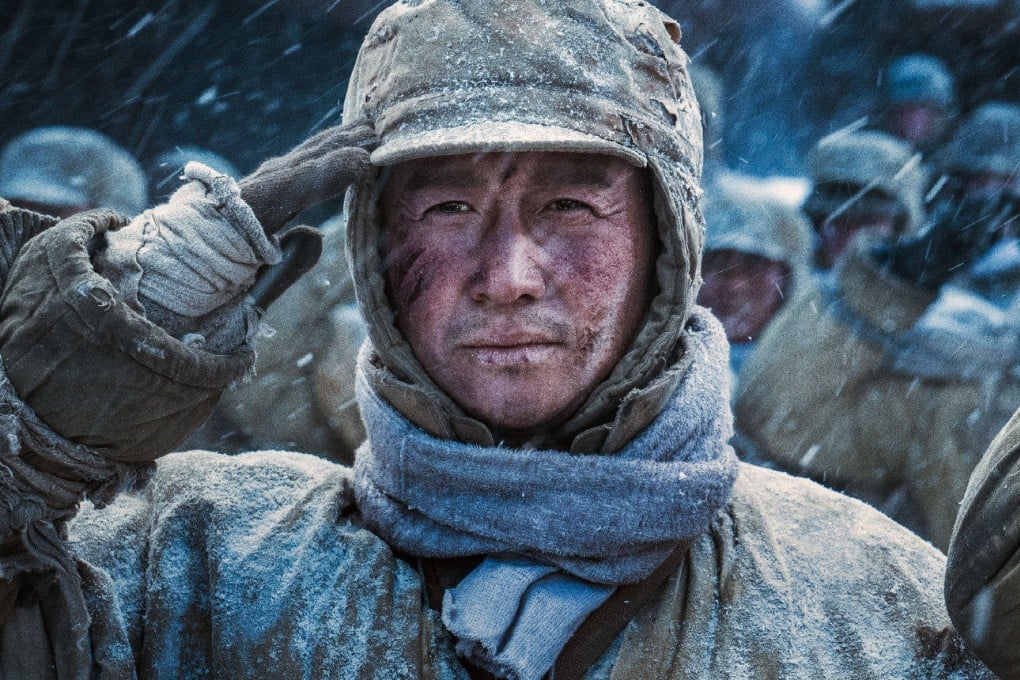Advertisement
Box office success in China of Korean war epic shows importance of patriotic themes and influence of Hong Kong filmmakers
- Hong Kong filmmakers Tsui Hark and Dante Lam, and China’s Chen Kaige, directed The Battle at Lake Changjin, which has taken US$527 million at the box office
- The popularity of patriotic productions in China may provide new opportunities for those working in Hong Kong’s film industry
Reading Time:3 minutes
Why you can trust SCMP
5

Of the many patriotic entertainment productions launched in China this year to celebrate the 100th anniversary of the Chinese Communist Party, The Battle at Lake Changjin is the most successful, with the film’s runaway box office success adding a much-needed fillip to the sluggish domestic box office over the past few months.
Audiences praised the movie set during the Korean war, which was directed by Chen Kaige, Dante Lam Chiu-yin and Tsui Hark, for delivering a powerful portrait of heroism.
The Battle at Lake Changjin, which depicts a brutal episode known as the Battle of Chosin Reservoir during the Korean war from 1950 to 1953, has taken in 3.4 billion yuan (US$527 million) so far.
Advertisement
Critics say the latest success of Lam and Tsui will further accelerate the trend of recruiting Hong Kong directors to spice up patriotic Chinese entertainment.

Professor Emilie Yeh Yueh-yu, director of the Centre for Film and Creative Industries at Lingnan University in Hong Kong, says Hong Kong directors, being the best in Asia in her eyes, can help make the film genre more universal. “They lend humour and extra stylistic values to them,” she says.
Advertisement
Advertisement
Select Voice
Select Speed
1.00x